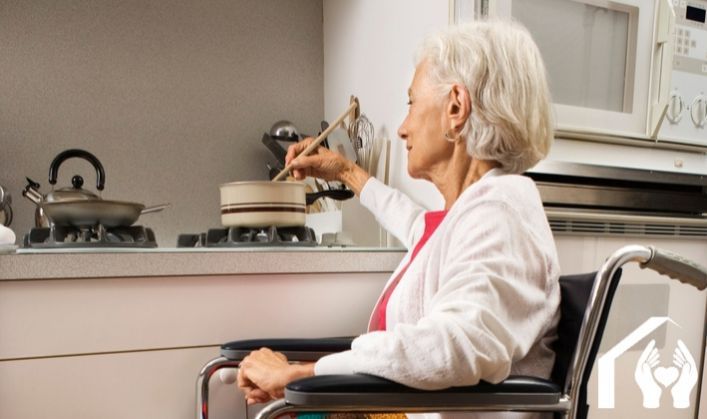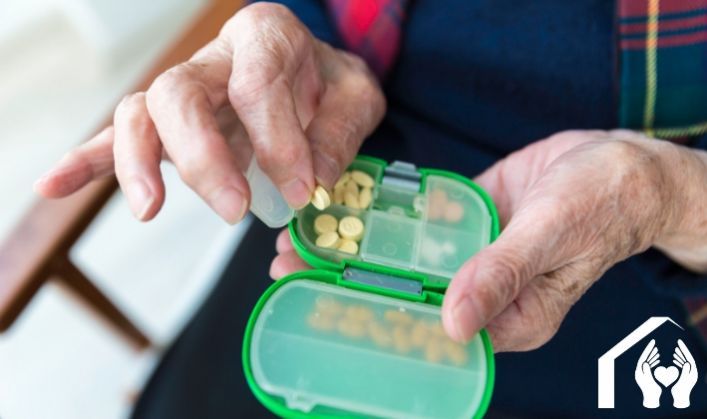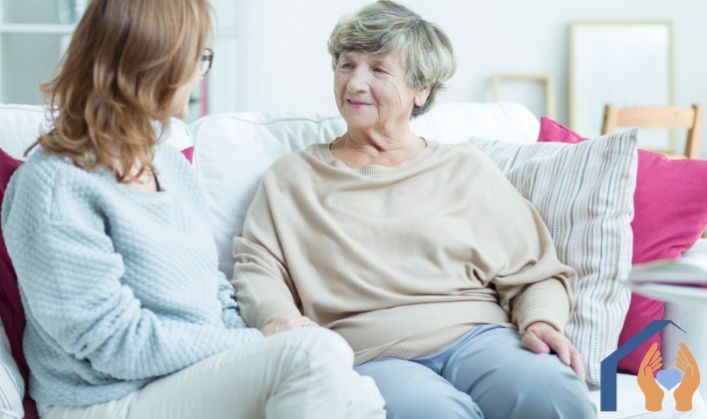-
October 09, 2019
As seniors age, performing certain physical and cognitive tasks become challenging. Driving, bathing, grooming, meal preparation and housekeeping become more difficult requiring the assistance of a loved one or a caregiver.
A senior losing their mobility and independence can take a toll on their health and cause feelings of guilt, angerand vulnerability. This is because they have to give up control and rely on another human being to perform daily routines.
It might be time to consider home care in Omaha for your elderly loved one. Luckily, having a caregiver doesn't mean a senior has to lose their independence entirely. A professional caregiver ensures they have the help they need while encouraging them to be in control of situations.
Interactive caregiving
This is a method of caring for seniors that focuses on performing tasks "with" them instead of "for" them. It promotes mental, emotional, physical and social well-being, which improves the quality of life.
Interactive caregiving keeps senior members fully engaged and happy while fostering independent living. Caregivers may prefer performing tasks on their own as it's efficient, but it discourages seniors from taking care of themselves.
Approaching care with a senior
It is common for seniors to rebel against care because they don't want to lose their independence. Your loved one may also become uncomfortable with strangers in their home and refuse to eat or take a bath. This adversely affects their mental and physical health.
Initiate a dialogue with your senior about their care to avoid such rebellion. Make sure your senior understands why they need a caregiver and how it will benefit them in the long run.
You can also ask them to pick out physical activities they'd like to partake in during their free time. Whether it's gardening, dancing, or walking, you should have their full support and make them feel comfortable.
When performing certain tasks like folding laundry, ask your loved one to help out as you talk about their day. Performing these small tasks helps them feel in control even though you are in charge of everything.
When it’s time for in-home care in Omaha
If you are not sure when the time is right, here are a few tips to help you know when your elderly loved one is ready for in-home care. The first clue, is do they look different? Have they lost a large amount of weight in a short period? Or if they aren’t clean or groomed like usual. This could be a sign that they are suffering from loneliness or the beginning stages of dementia.
The second clue is that they are unable to complete simple everyday tasks. If they struggle to shower, make meals or even household duties. The third clue is lack of memory. If your elderly loved ones never used to forget to pay their bills and suddenly they are, you should look into home care in Omaha. They will help them remember to pay bills or any other little thing they need help with.
Before you decide on home care in Omaha be sure to discuss it with your elderly loved one first. It’s their life, and you want them to be safe and comfortable, that's why it's best for you to ask them what they want. Let them know what options they have and give them your opinion!
Hire us
Akkase Home HealthCare provides help for the elderly living at home and encourages independence. Our goal is to improve quality of life by fostering a senior's emotional, physical, and mental well-being. Contact us today for home care services.



Comments